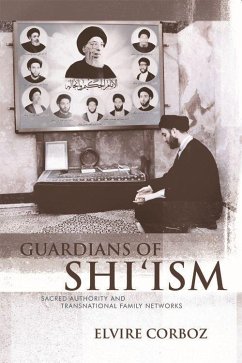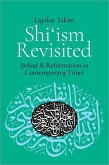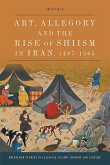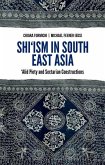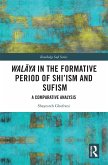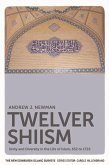A study of Shi'i Islam explaining the transnational constitution of clerical authority For centuries, the Shi'i religious establishment has come to represent the most quintessential type of a transnational actor. How is clerical authority established and maintained across borders? This book explores the potential of transnational linkages in shaping leadership patterns in contemporary Shi'ism. Through the lens of two families of religious scholars, it compares the multifaceted roles played by clerics with narratives about the traditional system of religious authority, political organisations, and international charities. The book maps clerical networks and their encounters with communities and states across the Middle East, the Indian sub-continent, South-East Asia, and the West. This multi-sited approach aims to clarify the local and transnational dynamics that underpin clerical authority. Key Features Enhances our understanding of Muslim authority through a sociological analysis of the networking, philanthropic and political practices of Shi'i clerical actors across borders Includes case studies of two prominent families of religious scholars (al-Hakim and al-Khu'i) to show the continued relevance of Shi'i clerics to Muslim politics and society Deconstructs homogenising views of transnational Shi'ism by comprehending and localising cross-border religious networks in and beyond the Middle East Elvire Corboz earned a D.Phil from Wadham College, University of Oxford and has held positions at Princeton University and Rutgers University.

